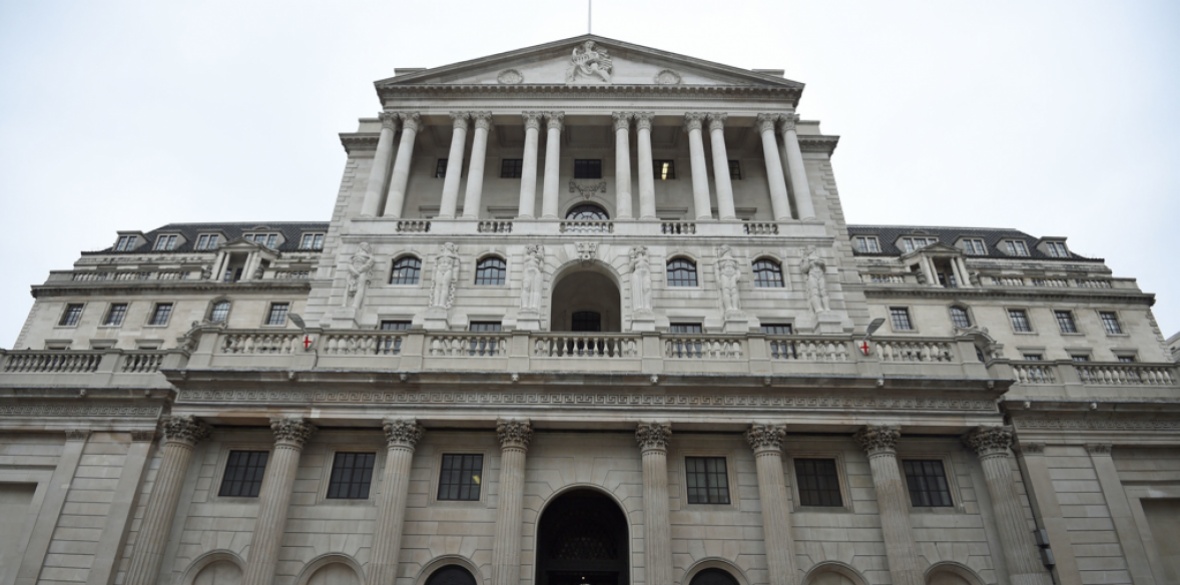HAVING been proved wrong in their predictions about an immediate recession after the Brexit vote in 2016, the pro-EU camp has nevertheless stuck doggedly to its daily mission every day since June 23, 2016.
According to reports in the Guardian and elsewhere of a survey of 6,000 companies by the British Chambers of Commerce, there is bad news on the sales, orders, employment and prices fronts.
Yet, like so many other scare stories peddled by that newspaper and by the Treasury, the Bank of England and sections of big business, the real position turns out to be a little different behind the smoke and mirrors.
There has been a decline in the number of firms reporting a growth in their latest sales and orders, but more still expect their turnover, investment and profitability to continue to increase rather than contract in 2019. In any event, after two-and-a-half years of more or less continuous economic expansion (few of the fruits of which are making themselves felt in workers’ pockets) since June 2016, the laws of capitalist economics dictate that sooner or later there will be a slowdown followed by a recession, regardless of Brexit.
BBC economics chief Suren Thiru explains that the fall in the exchange value of sterling is driving up the prices paid by manufacturers for imported materials. Additional although less significant price pressure is resulting from higher wage settlements.
But it should also be borne in mind that a lower-value pound makes British exports more competitively priced in overseas markets and is something the left and the labour movement have called for over much of the past three decades.
Of course, a managed devaluation combined with measures to boost investment would have been preferable to the unplanned falls of recent months, summer 2016 and the spring and summer of 2017. In the event, the two previous slumps were followed by a full and a partial recovery, respectively.
As for wages pressure, this has arisen at least in part from a fairly long period of rising employment and falling unemployment — the very opposite of the scenario threatened by the pro-EU lobby should the electors dare to vote for Brexit.
These are trends to be broadly approved by the labour movement, despite the poor quality of many of the jobs being filled. Higher demand in the economy, especially from working-class consumers, can sustain growth and raise living standards — especially when the capitalist class can be compelled to limit price increases and boost investment and production.
Investment has gone down, up and then down since the EU referendum. But the fundamental problem remains the long-term failure or refusal of the British capitalist class – still one of the wealthiest in the world – to invest in productive industry, R&D and new technology.
High employment and Britain’s poor skills training record is also hitting recruitment. Brexit uncertainty has not helped, causing levels of immigration to fall and repatriation to rise. But here again, Brexit can also form a major part of the solution.
As well as making migrant workers from Europe welcome here, the British state should end its discrimination against non-EU workers – not least the odious £30,000 a year minimum salary threshold.
The Tory government’s strategy not to negotiate or prepare for a full Brexit has undoubtedly created fear and uncertainty, as has the non-stop campaign by anti-democrats determined to sabotage any kind of exit from the EU.
As director-general Dr Adam Marshall commented when presenting the BCC survey: “Throughout much of 2018, UK businesses were subjected to a barrage of political noise and drama, so it’s no surprise to see firms report muted domestic demand and investment.”











